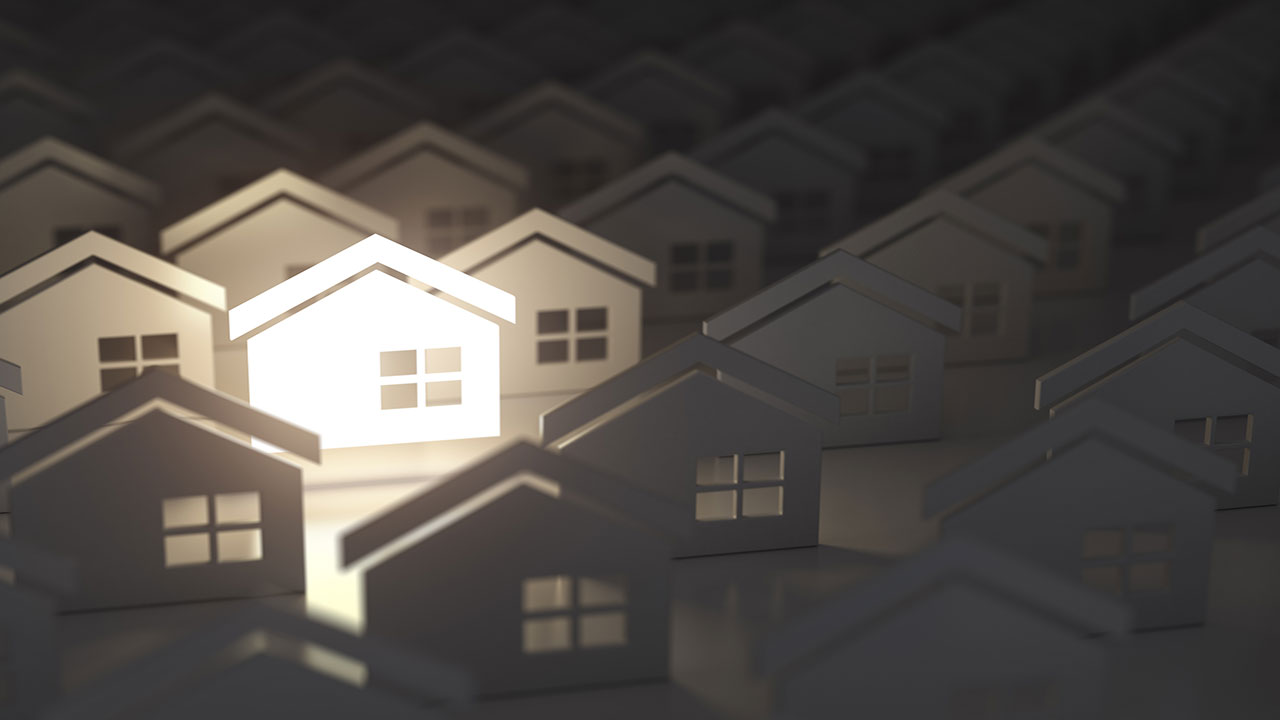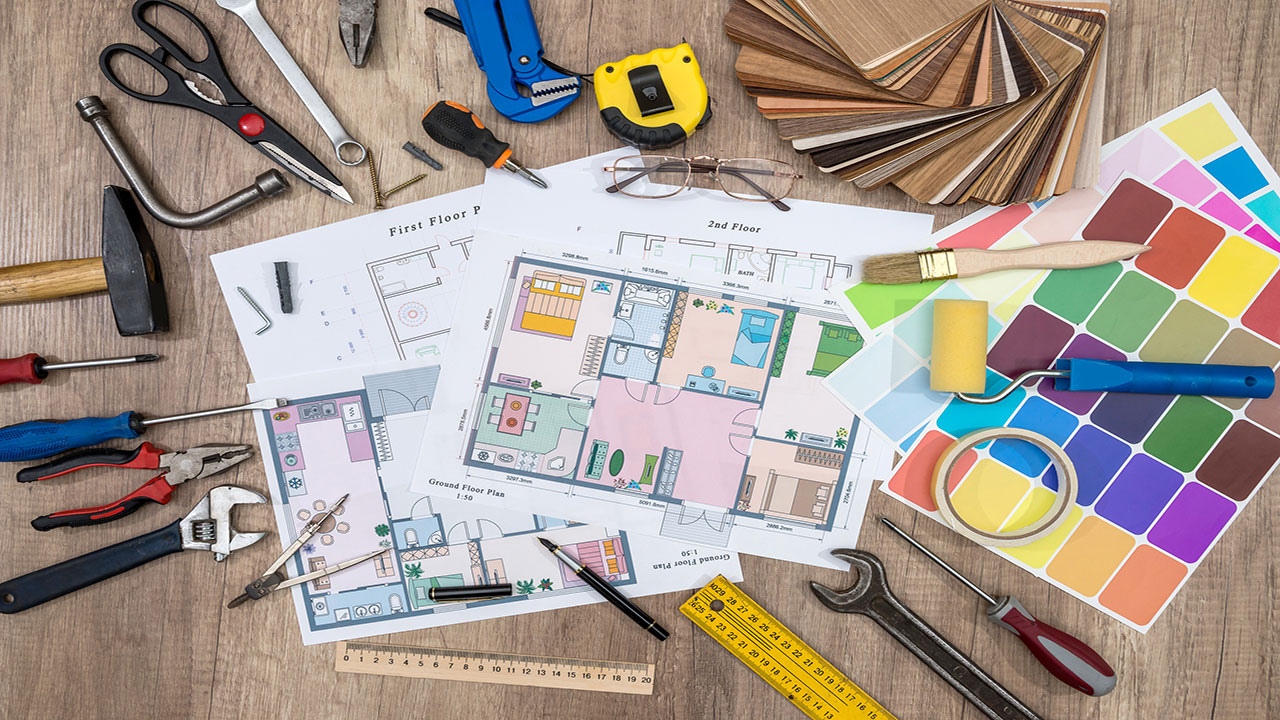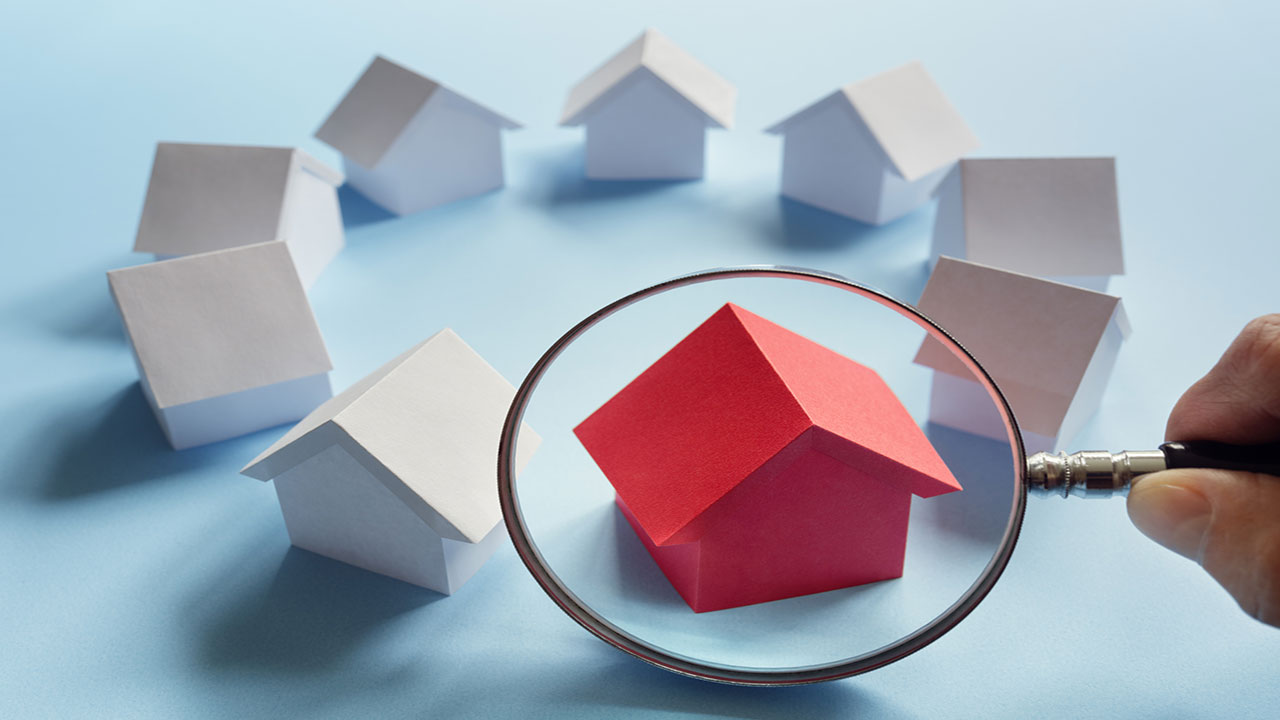What Factors Matter When Determining Your Home’s Listing Price?

If there’s one thing you definitely want to get right when you market your home for sale, it’s the listing price. In fact, your price is a big determinant of how fast your home can sell and how much you can sell it for.
Home prices continue to rise across California, which is exactly what home sellers want to hear. Unfortunately, this continued trend in price increases might make homeowners believe that their properties are worth more than they really are. But sellers who list too high run the risk of scaring a lot of qualified buyers off and leaving money on the table.
Given the importance of the listing price, it’s important to understand what factors play a role in determining how much to list your house at. In fact, there are a lot of factors that can impact the listing price of a home, including the following.
Location

Number one on this list is the location of a home. You can make any number of changes to a house, but you can’t change its location. Your home’s proximity to major transportation routes, good schools, everyday amenities, parks and greenspace, and other desirable features can make it more appealing to buyers and can, therefore, increase its perceived value.
On the other hand, close proximity to train tracks, power lines, and industrial activity can have a negative impact on property values. Crime rates and the local economy also play key roles in the overall location of a home, as well as its value.
Even the exact location in a neighborhood or a street plays an important role in the value of a home and how much it should be listed at. For instance, a home at the end of a quiet cul-de-sac will be worth more than a home on the other end of the block that abuts a busy street.
Certain Upgrades and Features
There are certainly a number of features and amenities in a home that can add to its value. But not all upgrades will necessarily add to the overall value of the home dollar for dollar. Just because you spend $30,000 on a specific improvement doesn’t translate into an added $30,000 in value to your home.
There are specific upgrades and features that buyers look for in a property they intend to purchase. In addition, the quality of the upgrades and features also affect the listing price of a home.
A home with higher-end upgrades compared to a home without any upgrades can usually sell at a higher sale price because of its desirability from the point of view of buyers. For instance, a home that has hardwood floors and granite countertops will typically be able to sell for more money than a home that is similar in size and layout without such features.
But it’s important to understand that certain home improvement projects don’t necessarily bring in a high ROI or have a positive effect on the listing and inevitable sale price of your home. It’s important to learn about the particular upgrades that buyers in your area are looking for in a home they buy versus those that they don’t perceive as valuable before you tackle any home improvement projects.
Condition

Two homes that are identical in size, layout, and features won’t sell for the same price if one is in considerably better shape than the other. The condition of your home plays an important role in what you can list your home at. Obviously, the better condition your home is in, the higher you will be able to list for. On the other hand, a home that is in need of a number of improvements and repairs will likely have to be listed at a lower price.
That’s why it’s generally advised that sellers make specific repairs and improvements in order to bring their home up to par. This, in turn, will allow sellers to list a little higher and command a higher sale price when all is said and done.
Comparables
Often referred to as “comps,” comparables are similar homes in the neighborhood that have recently sold. These listings paint a much clearer and more accurate picture of how much you can realistically expect to sell for. Ideally, the homes on this list will be located no farther away than one to three miles from your property, and should be similar in style, size, layout, number of bedrooms and bathrooms, and features.
In addition, the homes should not have sold any further back than three to six months ago. Any more than this will not accurately reflect the current market. While you can always look at what currently listings are priced at, you’ll get a much better idea of how much you should list at by looking at homes that have already sold.
Sellers can ask for whatever they want, but that doesn’t mean they will end up selling at the price they’ve listed at, which is why it’s always best to look at sold comps when determining your listing price.
Competition

The more homes that are for sale in your area, the heavier the competition will be. This can have an impact on what you might be able to list your home at. It’s important for sellers to know what’s going on in the area. In this case, you’ll need to look to your real estate agent to help you understand what the exact competition level is like in your area and what the trends are in terms of the number of listings on the market over the recent past.
Your Motivation
How motivated are you to sell your home and get it off your hands? This can be a big factor at play in your listing price. The more desperate you are to sell quickly, the more likely you may be to list a bit lower to make a quick sale happen. On the other hand, if you’re just testing out the market or aren’t in much of a rush to sell, you won’t be in a position to list lower just to bring in buyers quickly.
But not only does your motivation level matter when pricing your home, so does that of buyers in the area. How can you tell what buyers’ motivation is? From things such as the list versus sale price and average number of days on the market, among others. Insights like these can give you some idea of how quickly buyers are likely to pounce on a home in your specific market.
The Bottom Line
There are definitely plenty of factors that come into play that should be carefully assessed when listing your home for sale. It’s important that you scope them all out and work alongside your real estate agent to establish a listing price that will maximize your chances of selling in a reasonable amount of time and for as much money as your current market dictates.